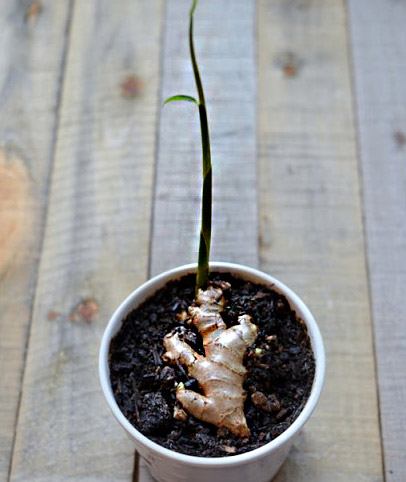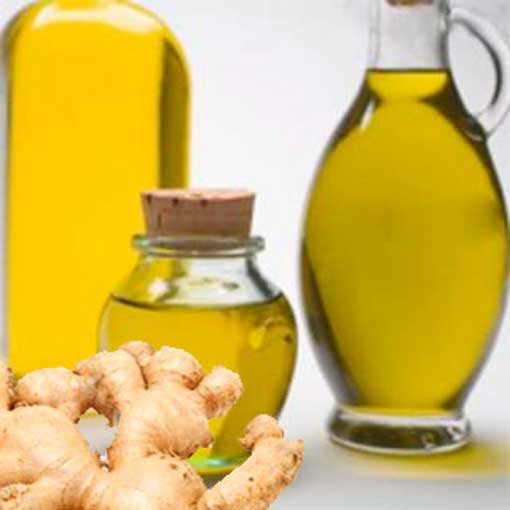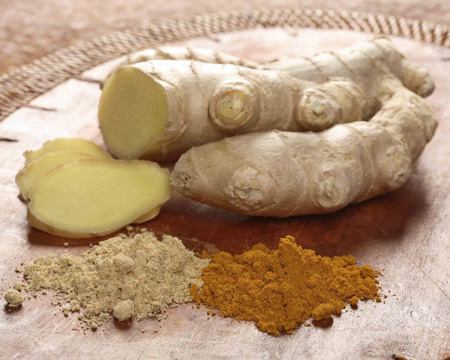We already know everything about the unique composition of ginger, but how can we apply its wonderful properties beneficially? Treating with ginger is particularly effective with a weakened immune system. Ginger in medicine is a universal healer, a panacea for a vast number of ailments. Its medicinal properties have been recognized by both traditional and official medicine.
Ancient Indian Ayurveda characterizes ginger root as a spice that ignites the digestive fire and enhances blood flow throughout the body. Dried ginger is no less beneficial than fresh ginger and, in some cases, is even more preferable.

Great scholars of Ancient Rome wrote about ginger root as an effective antidote. Ginger entered European medical references in the eleventh century, costing as much as an average sheep.
In the fourteenth century, ginger was first used as a prevention and treatment for the plague, thanks to its natural antiviral and anti-inflammatory components.
What are the benefits of ginger:
- Expectorant.
- Antibacterial, anti-inflammatory, antimicrobial, antiseptic, bactericidal.
- Cleans blood vessel walls from atherosclerotic plaques.
- Mild laxative, carminative, choleretic, antihelminthic.
- Aids digestion and acts as an antidote for mushroom poisoning.
- Reduces excess cholesterol and prevents its accumulation.
- Antithrombotic (suppresses thromboxane synthase and acts as an agonist of prostacyclin).
- Antispasmodic.
- Stimulates circulation.
- Topical anti-ulcer.
- Diaphoretic.
- Increases salivation—significantly raises the content of the digestive enzyme amylase in saliva.
- Cardiotonic (responsible for the tone of the heart muscle).
- Enhances sexual arousal, male and female potency.
- Peripheral vasodilator.
- Positive inotropic effect.
- Exciting, tonifying.
- Acts as a catalyst and synergist with other herbs (allows the healing properties of other medicinal plants to manifest when consumed together).
- Source of aromatic essential oil.
Several recipes with ginger:
To relieve toothache caused by bacterial lesions in cavities and periodontal disease—chew a small piece of ginger root.
If you experience motion sickness in transport or on water—drink ginger tea before your trip. You can carry a small bottle of essential oil with you. Pour a few thin slices of fresh ginger, or 0.5 tsp of dry ginger, with hot but not boiling water, and drink it 30 minutes before traveling. Nausea during the first and second trimesters of pregnancy can also be effectively alleviated with beneficial ginger tea.
Stomach upset due to poisoning—add half a glass of water and a teaspoon of ground ginger to half a glass of plain yogurt or biokefir.
For sore throat, bronchitis, and whooping cough, sucking on a small piece of fresh ginger will alleviate throat pain, improve expectoration, lower temperature, and suppress bacterial growth.
Ginger compresses are made by mixing ginger powder with water, or applying mashed ginger through gauze on ulcers and boils, or on infected purulent wounds. Ginger in cooking .
Ginger can be grown at home .



